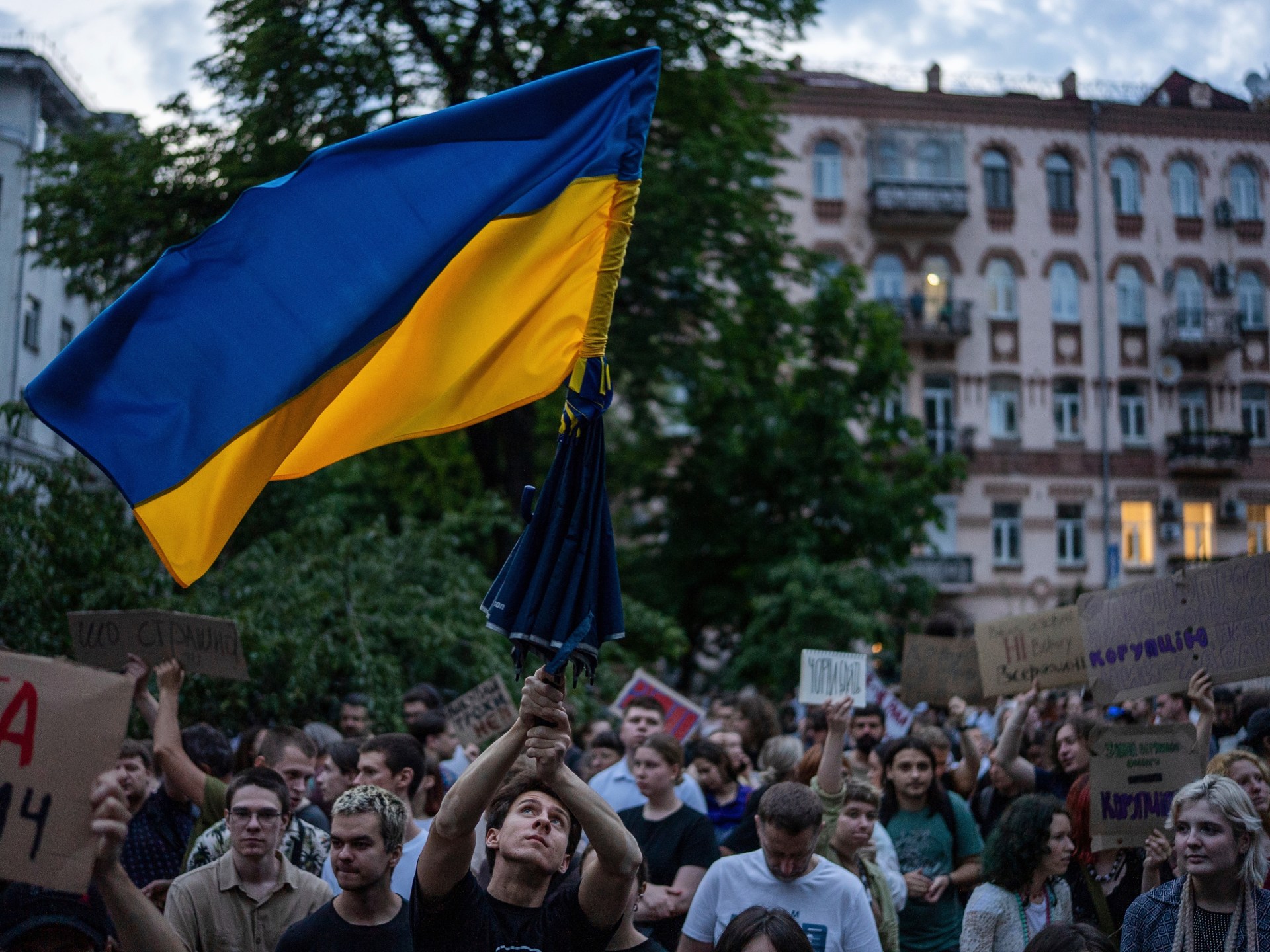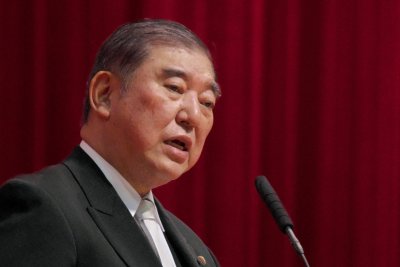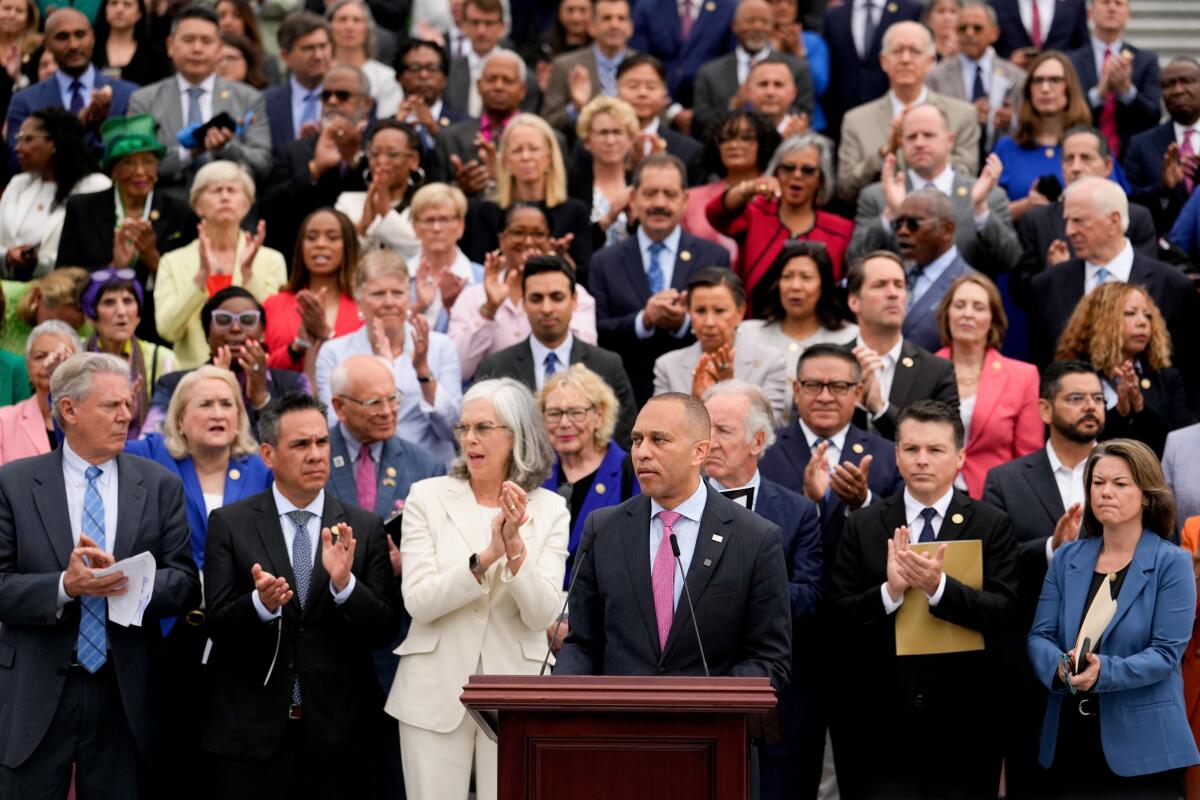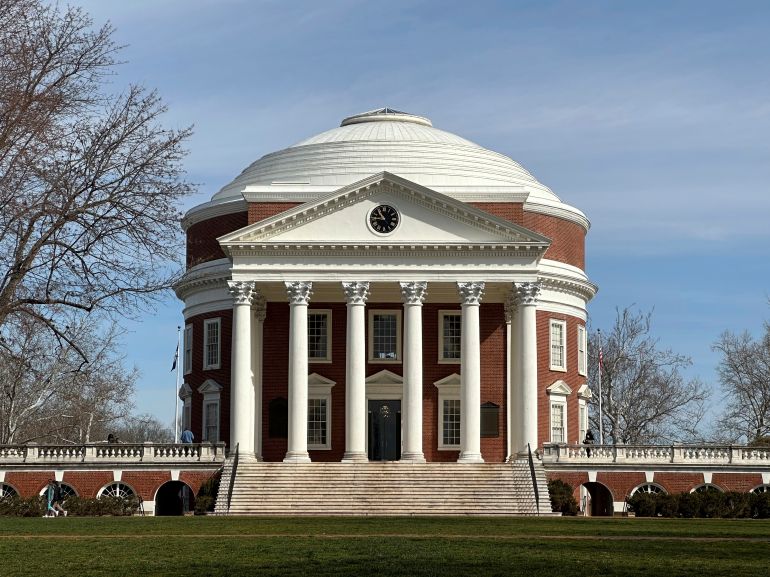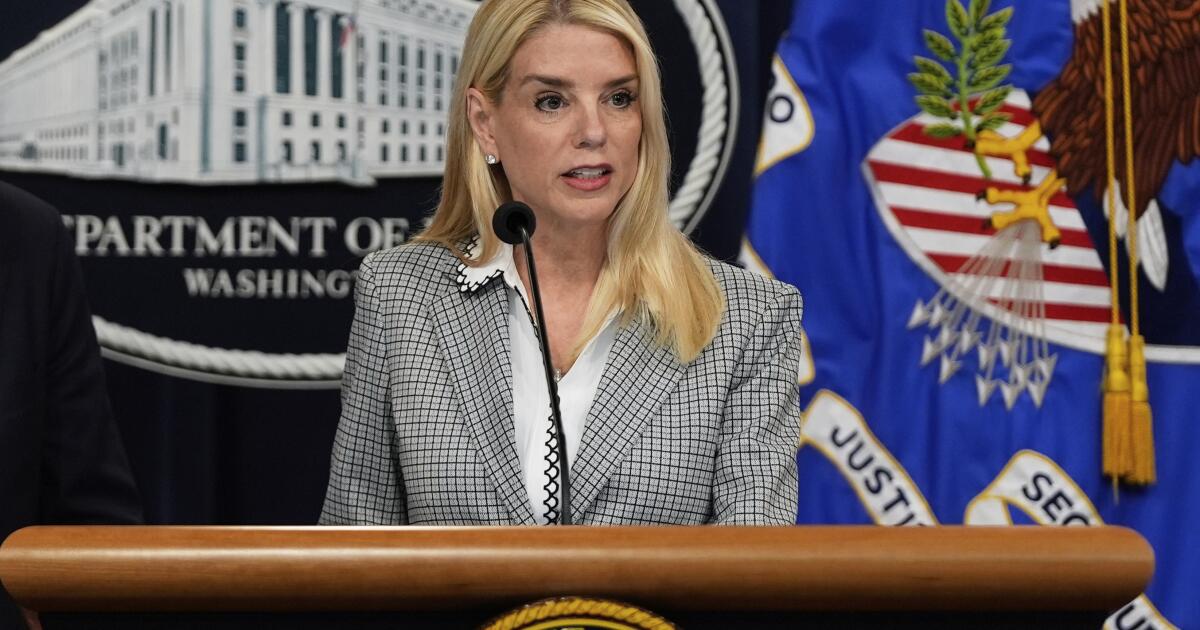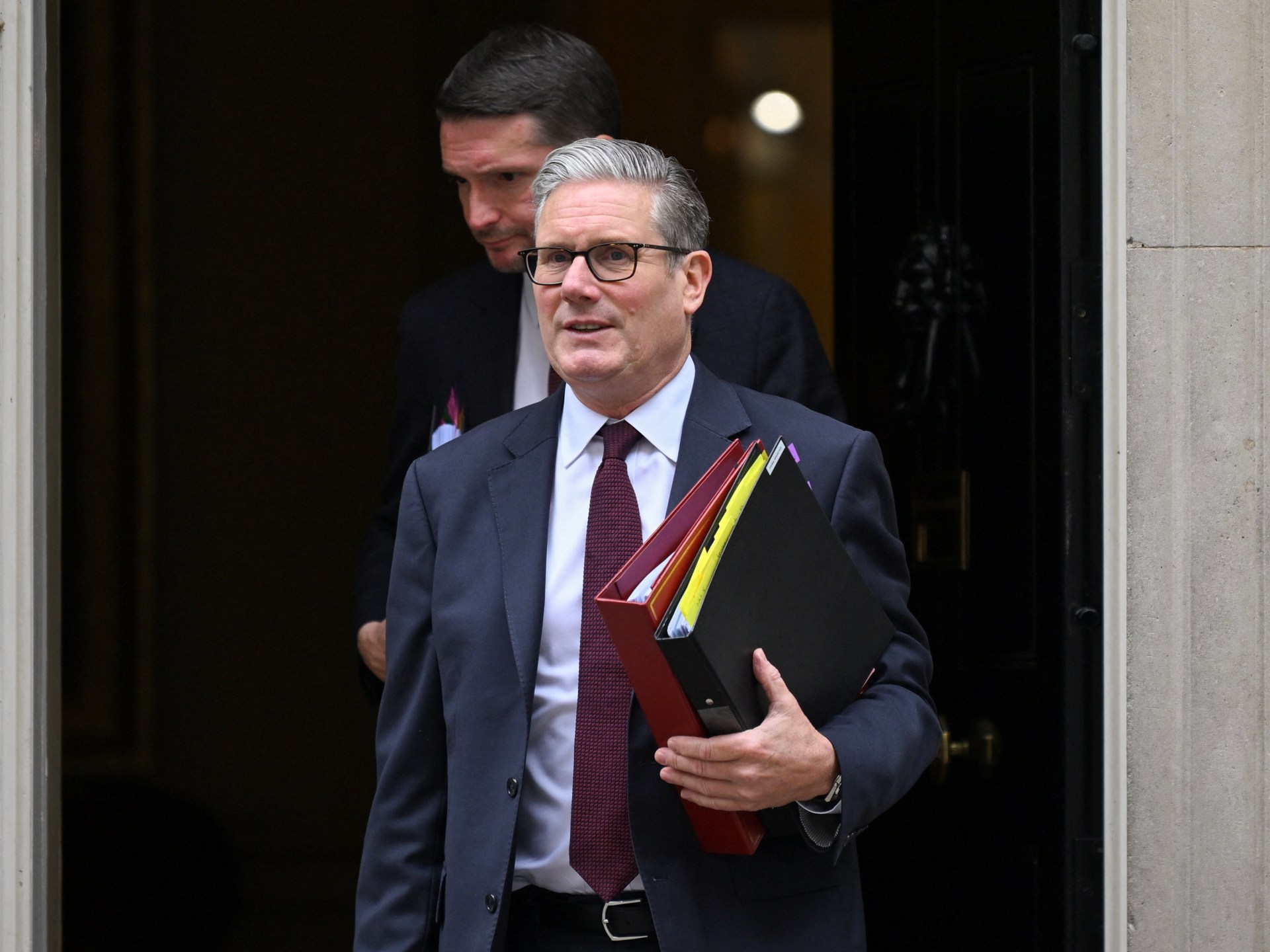USC’s Lincoln Riley feeling ‘refreshed’ as pressure mounts to win
LAS VEGAS — While the rest of the college football world spent the summer whipped into a frenzy, swept up by the specter of revenue sharing or congressional intervention or one of the many other landscape-altering changes looming over the sport, Lincoln Riley was able to actually step away and take a breath.
In four years as USC’s coach, Riley hasn’t had many chances to really unplug. There was the sprint ahead of his first season, and the heavy portal push ahead of his second. The third came with a new conference, new defense, new expectations, new pressure.
The fourth, by comparison, is starting on a more relaxed note than Riley is used to. There were no phone calls taking up half a day of his family vacation. His fly fishing went mostly unbothered. He even golfed at Pebble Beach in May.
“I’d say I’m feeling as refreshed and recharged as I’ve been in a long time,” Riley said Thursday during Big Ten media days.
Never mind that the pressure for Riley to win at USC has perhaps never been so high, coming off a 7-6 campaign in which the Trojans needed a comeback bowl win to scrape past .500. The path to winning has arguably never been so uncertain, either, with the advent of revenue sharing completely upending how championship rosters are constructed.
In spite of that backdrop, this past summer still felt less daunting to Riley than the rest. He says he didn’t feel the offseason chaos that some of colleagues have described in the wake of the House settlement. Some of that added calm he credits to Chad Bowden, USC’s new general manager, and his handpicked front office, who have taken personnel matters largely off Riley’s plate. Immediately laying claim to the nation’s No. 1 recruiting class for 2026 hasn’t hurt in building that trust, either.
But it’s more than that, according to Riley.
“There are less big fixes going on right now, you know?” he said. “It’s like you’ve got the house built, and it’s kind of all about the finishes now. You’re not trying to put up a wall or anything like that.”
Whether USC is actually that close to being a finished product is up for debate. The Trojans’ win total has declined in each of Riley’s first three seasons, during which his record is worse than that of his predecessor, Clay Helton. Now the Trojans enter his fourth with a raw, unproven commodity at quarterback, a threadbare linebacker room, and an inexperienced offensive line that could already be down a projected starter.

There’s also the matter of their fourth-quarter issues last season, which saw the Trojans inexplicably cough up leads in five of their six losses.
But Riley looks at it differently.
“It’s the first time where we had an opportunity at the end of the game to win every single game that we played,” he said.
“The really good teams separate in a lot of their games, and they win the close games they end up in. That’s typically how it happens, and that’s what we’ve got to become. And so the way to do it, every part of your program has to be pretty strong.
“We’ve graduated from being way behind in this area, and being pretty decent in this area to, like, every right now is either good or pretty darn good. Now it’s just about taking those small steps in all those areas to, I guess, hypothetically push you over the hump.”
USC defensive coordinator D’Anton Lynn walks on the sideline during a game against Nebraska at the Coliseum in November.
(Gina Ferazzi / Los Angeles Times)
The biggest leap in that regard could once again be on defense, where USC went from one of the worst units in the nation in 2023 (121st in scoring defense) to respectable (56th) under defensive coordinator D’Anton Lynn.
That was no small feat, considering where they came from. And the Trojans have added considerable talent to its defense since. The front seven should benefit greatly from the return of linebacker Eric Gentry and defensive end Anthony Lucas from injury. And on the interior, USC brought in two massive transfers on the interior, as well as a five-star freshman.
“I think the depth, the talent level, and the size of the defensive line, I mean, there’s honestly really no comparison to this time 12 months ago,” Riley said.
But the Trojans’ path will inevitably, at some point, come down to their quarterback. Riley reiterated his confidence in Jayden Maiava as the Trojans’ starter, even as he once again heaped praise on five-star freshman Husan Longstreet.
Left tackle Elijah Paige said Thursday that he has seen a major change in Maiava since he entered the offseason as the presumptive starter.
“He’s taken a complete 180,” Paige said of USC’s quarterback. “[In the spring,] he commanded the offense, and that’s what this team needs.”
Of course, everyone is feeling optimistic this time of year, with more than a month still remaining before USC kicks off against Missouri State.
But Riley isn’t the only one who feels those finishing touches underway.
“We’ve gone and gotten some of the very best people in the business,” Riley said. “They’re not going to attach themselves to something where they don’t see the progress.
“And you do not get a recruiting class like this unless there’s a crazy amount of momentum within the program. Like, I don’t care what else you have. If you don’t have momentum, you do not get a class like we have.”
